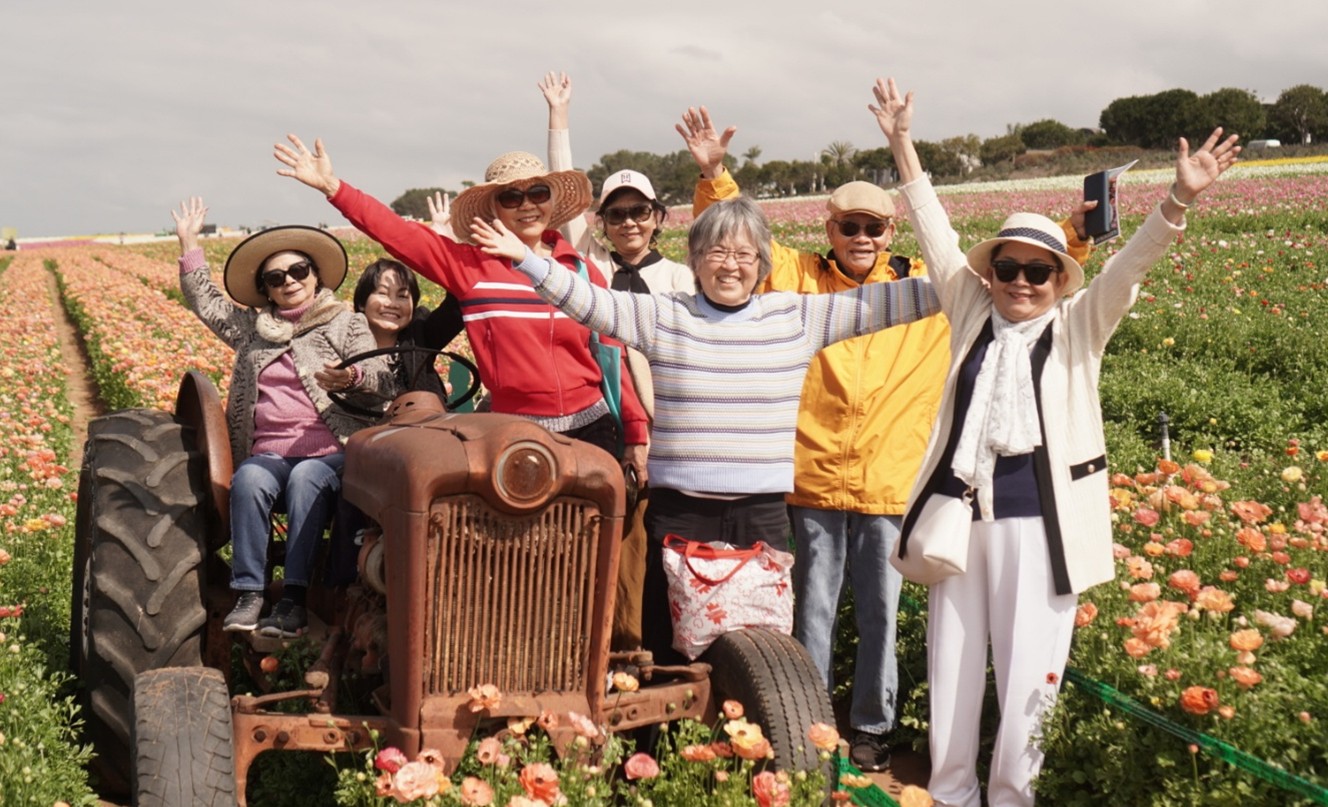
Why Are Early Intervention Services for Older Adults (EISOA) Important?
In 2011, the Council on Aging—Southern California expanded its services with the ReConnect EISOA Program, which serves Orange County’s diverse older adult population.
Early Intervention Services for older adults play a crucial role in maintaining independence, health, and quality of life as they age. These services help identify and address potential physical, cognitive, and emotional challenges before they become severe, reducing the risk of hospitalization, long-term care placement, or crisis situations.
Key Benefits of Early Intervention Services:
🔹 Prevents Decline & Promotes Independence
- Detects early signs of memory loss, mobility issues, and chronic conditions, allowing for timely treatment.
- Helps older adults age in place safely by providing resources and support before significant decline occurs.
🔹 Improves Mental Health & Emotional Well-Being
- Identifies and addresses depression, anxiety, or social isolation, which are common among older adults.
- Provides access to counseling, support groups, and wellness programs to enhance emotional resilience.
🔹 Reduces Healthcare Costs & Hospitalizations
- Prevents avoidable emergency room visits and hospital stays by addressing health concerns early.
- Supports care coordination with healthcare providers, reducing the burden on the medical system.
🔹 Supports Caregivers & Families
- Educates and empowers caregivers with tools, respite care, and resources to prevent burnout.
- Offers guidance on dementia care, home safety modifications, and financial/legal planning.
🔹 Enhances Quality of Life
- Provides access to nutritional programs, physical activity, transportation, and social engagement opportunities.
- Encourages active participation in the community, reducing loneliness and improving overall well-being.
Early intervention services ensure that older adults receive the support they need before challenges escalate, promoting longer, healthier, and more fulfilling lives. These programs are essential for empowering older adults, easing caregiver responsibilities, and strengthening community resources.